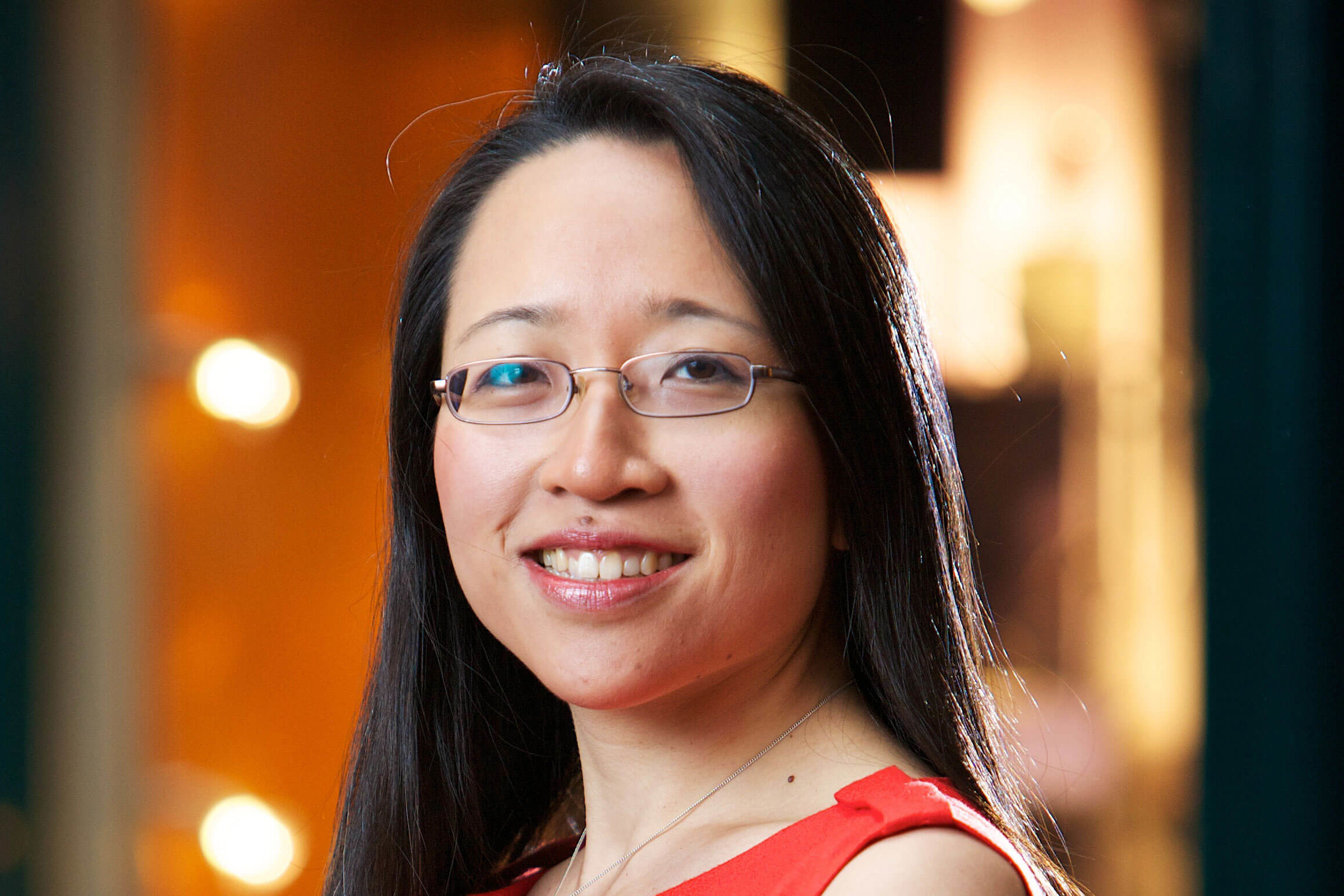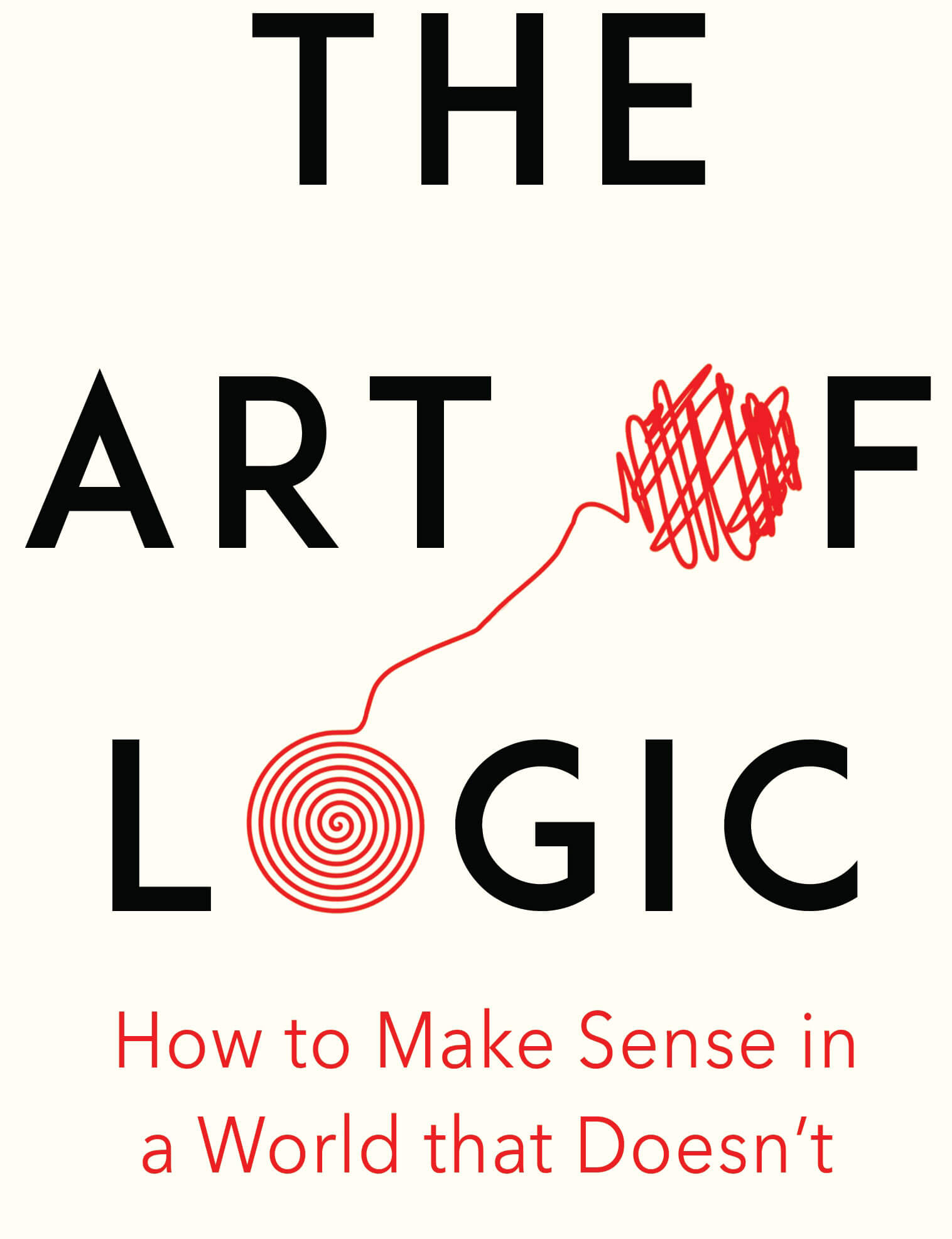Eugenia Cheng is a mathematician and a concert pianist who rose to prominence through a series of popular mathematics books. Her latest is The Art of Logic, an exploration of how mathematical ideas can improve public discourse. As she tells Michael Brooks, understanding where maths comes from can make the world a better place
How did you end up a mathematician?
I think I just really liked it. It was clear that my parents valued it most highly of all the subjects, but I wasn’t pushed into scientific things. It helped that my mother, who is mathematically-minded, showed me some interesting parts of maths before I got hit with the boring parts of school maths.
How have you maintained an artistic side alongside your mathematical bent?
I’ve never seen them as separate options. My father is a child psychiatrist. That involves a lot of empathy and understanding of people together with scientific understanding so I’ve always been aware of the idea of combining them both. I certainly would not be able to choose between mathematics and music. It’s one of the reasons I’m much happier in my life now than when I was a full time professional academic. Back then I just couldn’t keep up with music in any serious way.
People often suggest there is a connection between maths and music. Do you feel that’s true?
Maths and music do have deep structures in common. The maths I do – which is called category theory – is all about finding the deep structures that hold things together, and I love doing that in music as well: when I learn a piece, I look at how the different parts relate together. I remember when I started my PhD, I had drawn a picture of the structure of a piece of music I was learning. The first mathematics article my supervisor gave me to read contained identical pictures.
Is teaching maths to arts students very different to teaching maths students?
It’s vastly different. In many ways it’s exactly the opposite, because my current students all arrive thinking they’re terrible at maths, and have a very happy awakening. Also, I always teach maths as a way of thinking, and these students love thinking about things. Most of them didn’t like maths at school because it was too black and white, without ambiguity and open questions. Once they learn that it’s all about exploration, they relax.
Why did you write The Art of Logic?
I have always felt you should use your abilities to make the best possible contribution to the world, and when the US election and Brexit happened, it just seemed too important to ignore. The world had started drowning in worse and worse arguments that were pushing people to extreme positions.I thought hard about what I as a mathematician could possibly say, and realised that abstract maths can help us think more clearly.
Can you give me an example?
Well, one of the things I talk about is understanding other people might be using a different logic. If a student approaches a question and gets it wrong, you can’t just show them the right way to do it. They won’t be convinced until you can understand why they wrote down that answer and explain to them what you think is wrong about that method. That applies to any opinion that people hold. Unless you fully understand what logic took them to that opinion, and accept that as a starting point, then you can’t bring them anywhere. If you just hit people with your own logic, you’ll never really get anywhere.
Can it make a difference?
We have to remember, it’s not that everyone was logical 50 years ago, and now everyone is illogical. The shift is relatively small, so we do have a chance of tipping the balance back again.
What do you do to relax?
The truth is, I don’t need a rest from thinking, nor do I want one. I honestly find research really relaxing. I just sit down with an espresso and a sketchbook and a pen and I write my thoughts down. I also find playing the piano very relaxing. So I just switch from one thing to another. I recently heard someone call it “intellectual interval training”. So maybe that’s what I do!
Images courtesy of Round Turner Photography
Like this? Then you’ll love: New advances in science could see the resurrection of extinct species | Stephanie Wehner on the quantum internet





